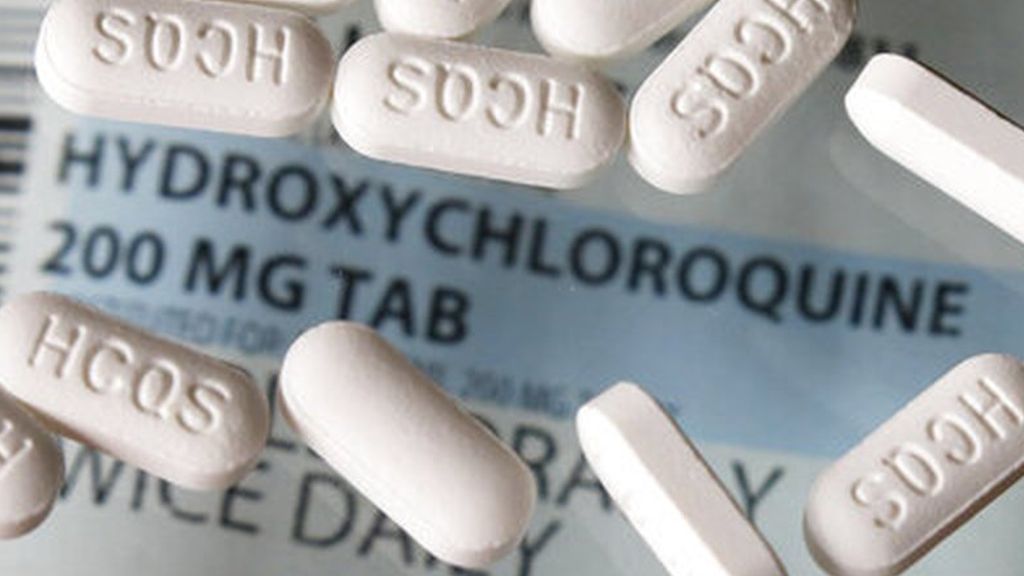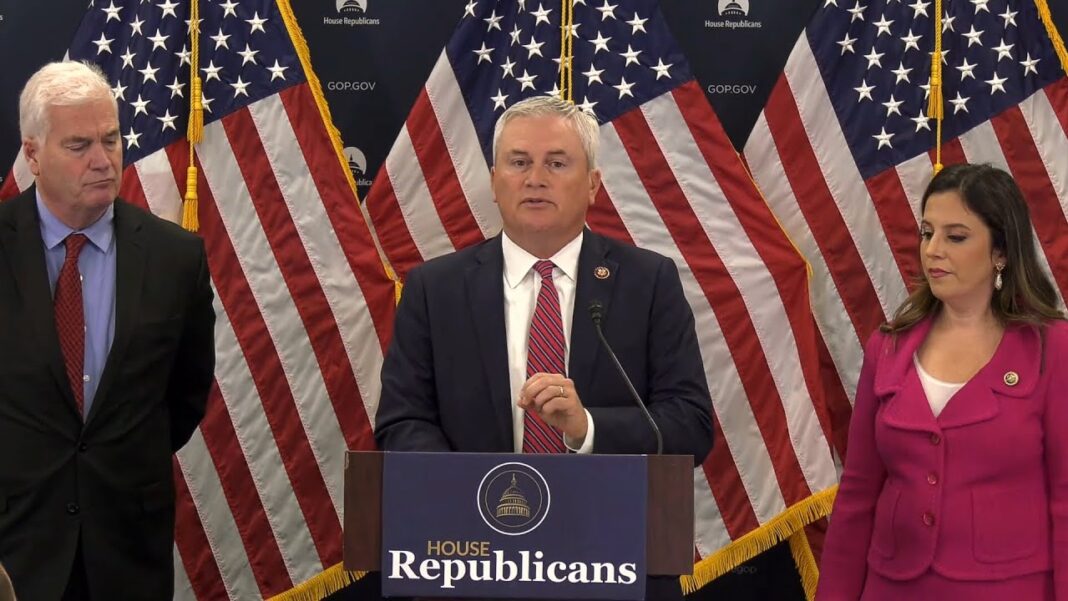The French study included 30,202 patients.
People who received hydroxychloroquine were less likely to die than those who did not, according to a new study.
Just 0.8 percent of patients at a facility in France who received hydroxychloroquine (HCQ) and an antibiotic died, compared to 4.8 percent of patients who did not receive the drug combination, French researchers reported on Nov. 1.
“This study represents the largest single-center study evaluating HCQ-AZ in the treatment of COVID-19. Similarly, to other large observational studies, it concludes that HCQ would have saved lives,” Dr. Didier Raoult, with Aix-Marseille Universite in Marseille, and his co-authors wrote.
The paper was published in the journal New Microbes and New Infections. It was released as a preprint earlier this year, but withdrawn because authors said they have changed their “analytic strategies.”
Researchers examined records from 30,423 patients with COVID-19 who were treated at another institution in Marseille, IHU Méditerranée Infection. They included all adults who tested positive for COVID-19 and who were treated in the hospital as an inpatient or an outpatient between March 2, 2020, and Dec. 31, 2021.
The study set ended up with 30,202 patients because treatment information was not available for the 221 others.
Most of the patients received off-label prescriptions of hydroxychloroquine and azithromycin (AZ), a common antibiotic.
Of the set, 23,172 patients received the drug combination. The other 7,030 did not.
Among those who received the drugs, 191, or 0.8 percent, died. Among those who did not, 344, or 4.8 percent, passed away.
Those who received HCQ and AZ were more likely to survive regardless of whether they were inpatients or outpatients.
The biggest effect was recorded in outpatients aged 50 to 89.
Limitations of the study included drawing from records from a single center. Funding came in part from the French government.
HCQ has been cleared in both France and the United States for decades but not for treating COVID-19.
Dr. David Boulware, an infectious disease doctor at the University of Minnesota Medical School, said that clinical trial data do not support using HCQ against the illness.
“Hydroxychloroquine has not been shown to have any benefit in randomized clinical trials,” Dr. Boulware, who was not involved in the new study, told The Epoch Times in an email.
“There is zero antiviral effect in humans, and zero reduction in hospitalization among 11 randomized clinical trials pooled together,” he added, referring to a metanalysis he co-authored that was published in January. Dr. Boulware also helped carry out a randomized trial examining HCQ as a prophylaxis in people who were exposed to COVID-19, and found it did not prevent illness or confirmed infection.







